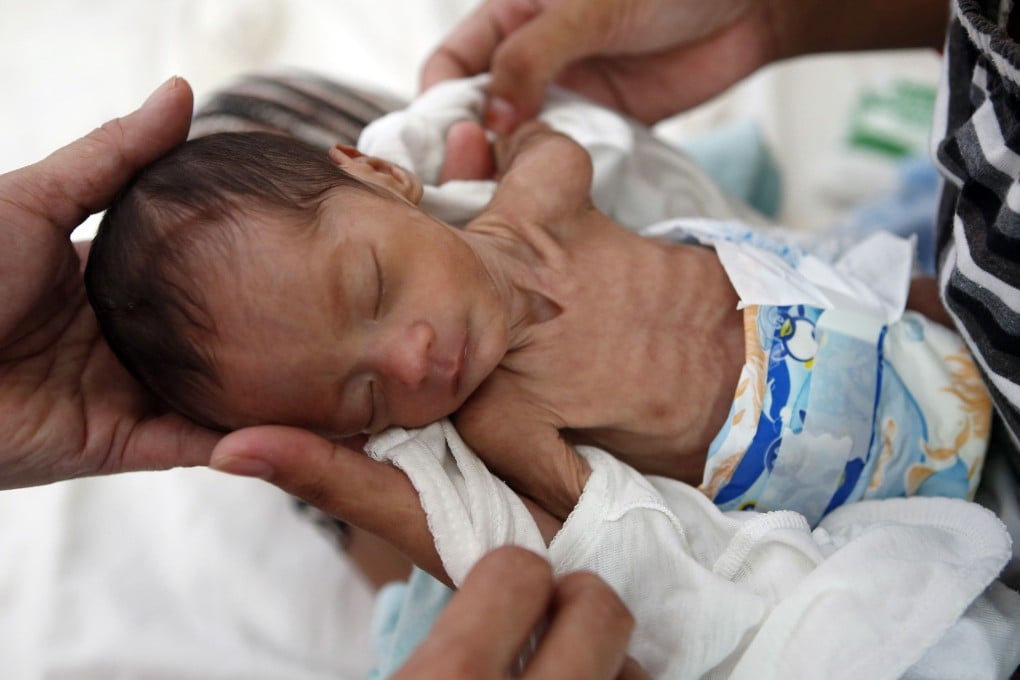Leaders must ensure people's right to a healthy diet becomes a global reality
José Graziano da Silva and Margaret Chan say the world needs sustainable food systems

The scourge of malnutrition affects the most vulnerable in society, and it hurts most in the earliest stages of life. Today, more than 800 million people are chronically hungry, about 11 per cent of the global population.
Undernutrition - the outcome of hunger and repeated infectious diseases - is the underlying cause of almost half of all child deaths, and a quarter of living children are stunted because of inadequate nutrition.
Micronutrient deficiencies - owing to diets lacking in vitamins and minerals, also known as "hidden hunger" - affects two billion people.
Another worrying form of malnutrition - obesity - is on the rise. More than 500 million adults are obese as a result of diets containing excess fat, sugars and salt. This exposes people to a greater risk of non-communicable diseases - such as heart disease, stroke, diabetes and cancer - now the top causes of death in the world. Poor diet and physical inactivity also account for 10 per cent of the global burden of disease.
Many developing countries now face multiple burdens of malnutrition, with people living in the same communities - sometimes even the same households - suffering from undernutrition, hidden hunger and obesity.
These shocking numbers must serve as a global call to action. Besides the terrible human suffering, unhealthy diets also have a detrimental impact on the ability of nations to develop and prosper - the cost of malnutrition, in all its forms, is estimated at between 4 and 5 per cent of global gross domestic product.